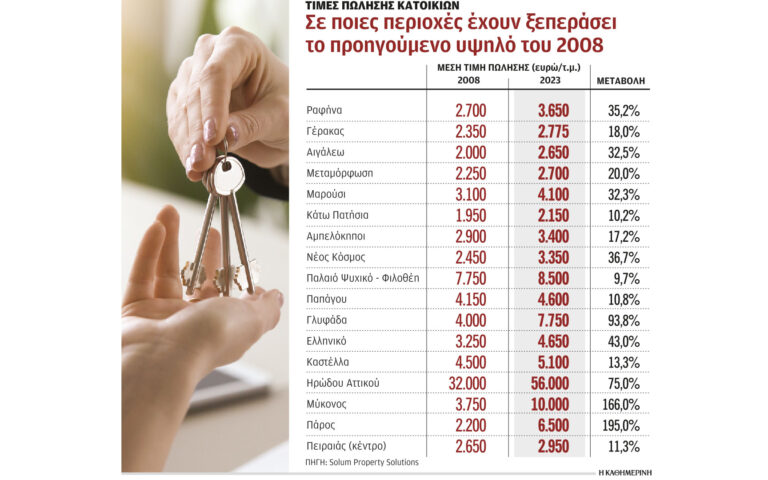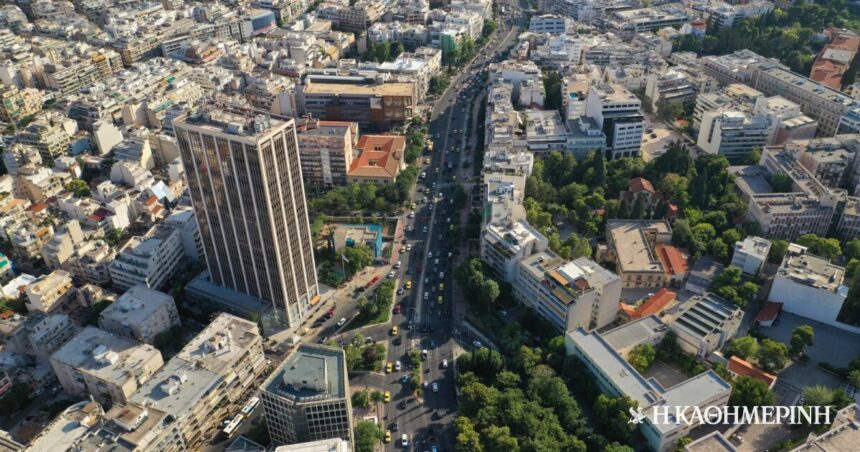The lure of the Greek market is strong real estate this period, as market executives reported at the 25th annual forum Capital Link Invest in Greece held in New York, the rates offered are among the highest in Europe.
According to Dimand’s chief investment officer Niko Dimtsa, “despite the broader macroeconomic situation, the Greek real estate market is among those with the highest returns in Europe. This is due to excess demand in relation to supply, to the extent that it outweighs other factors, such as the increase in interest rates or the cost of construction. According to him, Greece remains comparatively undervalued as a market compared to most European markets.
“So much is user demand for sustainable commercial real estate (offices, storage areas, shops), as well as that of buyers for residences shows an increase, while at the same time alternative uses are emerging such as data centers etc. In addition, the touristic market related to that of real estate flourishes. Finally, green developments are eligible for financing with attractive fixed interest rates under its framework Resilience and Recovery Fund, a fact which counteracts the tendency of interest rates to remain high for a long time”. According to Mr. Dimtsa, this positive trend in the market is sustainable, as it is also supported by the expected growth of the Greek economy.
On the same wavelength, Ms. Dika Agapitidougeneral manager of JLL – Athens Finance, who noted that the picture in the real estate market in Greece is largely opposite to international trends, offering higher returns in a business-friendly environment.

Ms. Agapitidou referred to the limited supply in the housing market, while the sectors that show the highest returns are logistics and hotels. According to her, the country’s positive macroeconomic picture, foreign direct investments, spectacular tourism performance and the important infrastructure projects being implemented continue to give impetus to the real estate market, mitigating the negative effects of increased prices and interest rates, of geopolitical tensions, but also the high cost of switching to green, less polluting constructions and practices.




